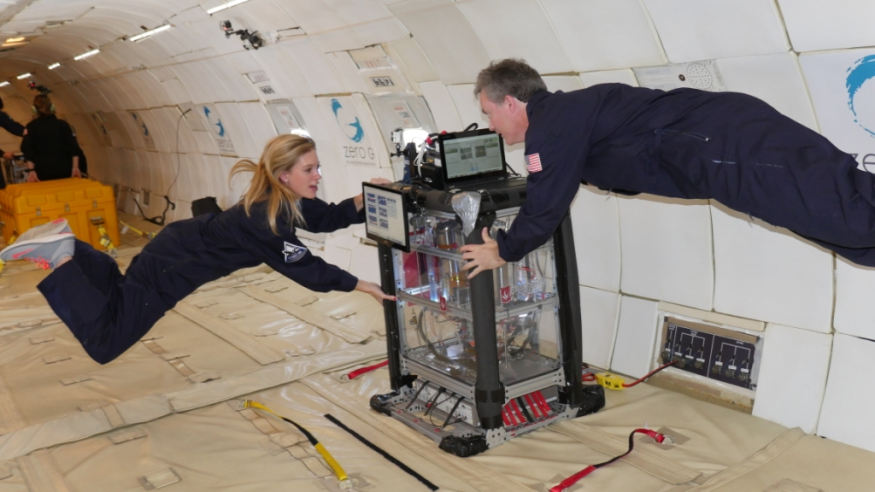Twelve new astronauts will be joining the anticipated AstroAccess mission, which will be held on Sunday, October 17. Each of the twelve participants that were chosen for the said mission is unique from the past astronauts that we knew. They are battling each of their own disability challenges. The new members for the initiative were purposely selected to cross boundaries between disability and space ventures. The main interest of the project is to promote and prove that disability inclusion in space is possible by modern astronomical standards.
AstroAccess Mission Aboard G-Force One Plane

AstroAccess is the latest mission under the umbrella of SciAccess Initiative. The collective research conducted under the program is targeted to make the advancements in the field of science, technology, engineering, and mathematics or STEM more accessible by the diverse population of experts around the globe. The upcoming AstroAccess mission selected 12 disability ambassadors that will be the first of the group to elevate front the planet's surface and achieve weightless parabolic flight.
The latest AstroAccess mission will launch on October 17 aboard the Zero Gravity Corporation or Zero-G's very own G-Force One vessel. The 12 astronauts will be lifted up from Long Beach, California to the highest peaks of the atmospheric regions. Due to the parabolic arc trajectory of the G-Force One plane, the ambassadors are expected to experience short intervals of weightlessness throughout the cabin of the vehicle.
The 12 ambassadors for the AstroAccess mission are a collective of individuals that have hearing, vision, and mobility disabilities. They will be the experts to test the accessibility of the functions and other basic necessities that need to be met for inclusivity in environments with both high gravity and weightlessness exhibited. The 12 participants hail from various organizations and institutes, each with expertise in a specific scientific field.
Flight 1 Ambassador Team
The 12 participants will be called the Flight 1 Ambassador Team, and during their parabolic trip aboard the Zero-G plane, the experts will conduct some experiments and presentations that heavily require the same environmental condition they will encounter. In addition, data will be gathered to provide details on the capability needed by space vehicles to cater to inclusive experts.
AstroAccess lead and Space Advisory Board of Virgin Galactic chair George Whitesides said in a Space report that their agency is honored to announce the first-ever crew for their inaugural flight. The mission is expected to bring a lot of clarity regarding the correlation between space missions and the disabilities of a human explorer. It will be the first step to surpass disability limitations on astronomical missions and to make space ventures open for all regardless of their conditions.
The Flight 1 Ambassador Team is composed of experts from NASA, space enterprise SCOUT, the US Army, Northeastern University, Bowling Green State University, Space News, as well as collaborators from Harvard University, the Massachusetts Institute of Technology, and other institutes.
Check out more news and information on Space on Science Times.










